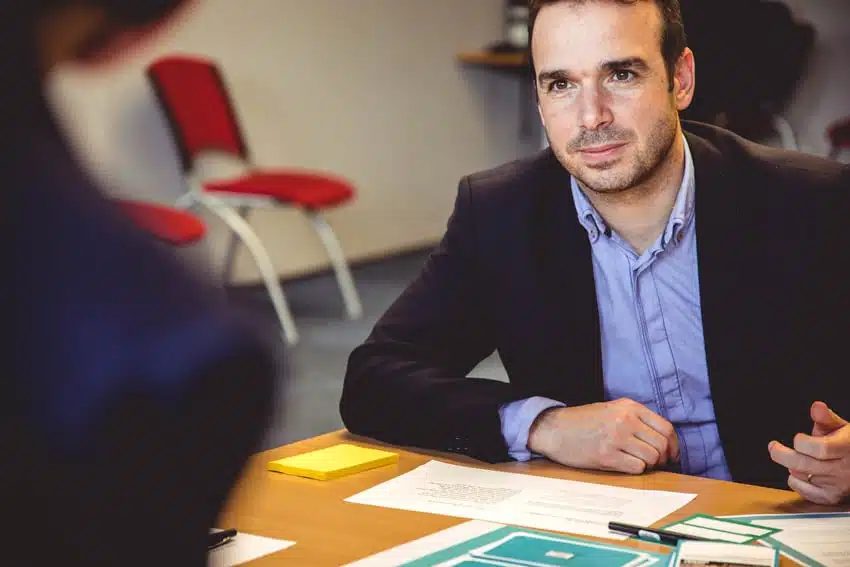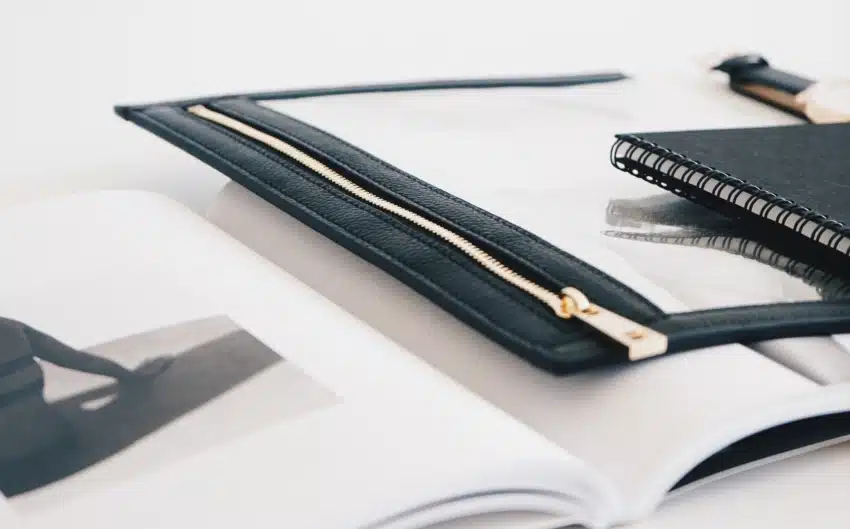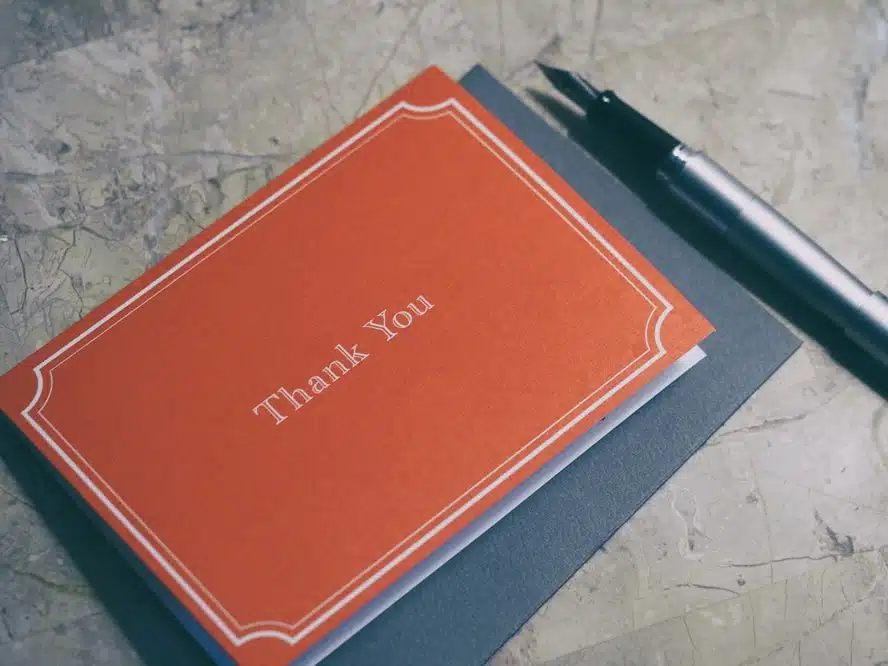How to Prepare for a Job Interview?
Updated: June 19, 2024

Wondering how to prepare for a job interview to land your dream job? Here’s how to perform the right research, know the common list of questions, dress appropriately, and more.
Preparing for a job interview can be extremely nerve wracking. However, there are several proactive steps you can take so that you know how to prepare for a job interview in advance of the big day.
From beginning with research on the company, leading to how to dress for the interview and what you need to bring and know beforehand, here’s your guide to getting one step closer to landing that job.
1. Begin with Research
Before walking through the doors to sit with your interviewer, be sure you thoroughly research the position and company. There are several ways to do this, and a good place to start is on the company’s website. Company websites will almost always have an About Us page that should give details on the company’s founding and history, as well as the team.
Going beyond face value, you can use platforms like LinkedIn to view employees and the company page for more detailed information. Also, third-party sites that rank companies and share salary details and employee reviews like Glassdoor can offer more insight into the company’s culture. Aside from directly contacting the hiring manager, you should feel free to reach out to current and past employees on social media to ask any questions you may have.
A good rule of thumb is to have enough information about the company so that you can talk about it until the interviewer tells you to stop!

Source: Unsplash
2. Be Prepared & Know Common Questions
There’s a lot to have prepared before a job interview, but if you take it step by step, it is entirely manageable. Firstly, be sure you plan the route in advance and leave with enough time so that you’re not stressed if there’s traffic or an unknown event comes up that would cause you to be late otherwise. Plan to arrive with at least 15 minutes of time to spare.

Job Qualifications & Your Skills
Be sure to read the job description and its required qualifications to ensure that your skills and previous experience align well.
Have a Value Proposition
Like a company does, treat yourself as a business. Create a value proposition or mission statement in advance (which may already be on your CV), so that you can quickly describe your goals and what you stand for.
Know Your Achievements
When the interviewer asks you to tell them about yourself and walk them through your previous experience, have some of the highlights ready that showcase the value you bring to organizations.
Useful Tips
- If an interviewer asked a question you didn’t know the answer to in a previous interview, make sure you write it down, and prepare an answer in case you get asked it again.
- Always ask for water. If you dont know an answer, simply drink the water and take a moment to think. You should also feel comfortable to ask to come back to it or have a few moments to think it over. A well prepared answer is respected.
- No matter how many common questions you prepare for, be sure you know the answers to the two most important questions: “why this role?” and “why this company?”
3. How to Dress
An interview is your first impression, and those last forever. Show up for the part by dressing appropriately. While the dress varies depending on the job position, here’s a few common ways to prepare.
- Consider the company and the work environment.
- Go with neutral tones; nothing too flashy or colorful.
- Be clean shaven and professional. Have your nails neatly cut or polished.
- Be ready to take off a tie, roll up sleeves, remove a jacket and make yourself match the attire, if needed.

Source: Unsplash
4. What to Bring
Along with taking yourself into the interview in a presentable manner, you should also bring certain documentation.
- Bring with copies of resume on nice, thick stock paper.
- Bring a pen and notepad to take notes during the interview and have any questions written down.
- Portfolio: Depending on the position, you may be required to have a portfolio and if so, you’ll likely be asked to walk through it.
- Cheat Sheet: Create a cheat sheet for the company with all the questions you could be asked.
- Leave Behind: Create a one-pager of your ideas or things the company can work on, improve, or try. Stand out and do what no one else does. Go the extra mile. A fun idea is to get creative with what you leave with the interviewer. For example, if you’re interviewing for a sports marketing position, you can create a cutout of a paper jersey with your name on it and some key facts about yourself to leave behind.
5. Demeanor & Non-Verbal Communication
Your mouth isn’t the only thing that talks. Along with your dress code, your body language and demeanor will showcase a lot about your personality. Here are some tips to keep in mind:
- Be confident
- Sit tall
- Don’t fidget
- Make eye contact, but not too intense
- Be mindful of how you act in the waiting room
- Smile
- Listen and don’t guess. If you are unsure of something, ask for more information or to rephrase the question
6. How to Answer Questions
There’s no one right way to answer questions, but there are some common methods to do a good job at providing answers.
- Keep them short and concise — if they need more information, they can ask for it. Remember, less can be more.
- Don’t say anything negative about previous employers, roles, or team members.
- Don’t be vague. If you don’t know the answer, say so or ask the interviewer to clarify.
- Make sure to give specific examples and give different examples for each question.
7. How to Ask Questions
As previously mentioned, it’s important you ask your own questions. Interviews are two-way streets that are just as much for the employer as they are for the employee to find out if the company is indeed a good fit.
- Come with a list of 5 questions to ask them — it shows your interest.
- Be personable — break the ice, try to form a bond, be friendly. People always like talking about themselves so you can ask questions that are personal to the interviewer based on your prior research.

Source: Unsplash
8. Always Follow Up
Although you may already have contact information for your interview, be sure to ask for business cards and contact information to send hand-written and/or electronic thank you notes.
In your thank you note, try as much as possible to bring up something personal from the interview that was memorable to show your attentiveness and leave a lasting impression on the hiring manager. They will have interviewed plenty of candidates, so the goal is to always stand apart from the competition.
Wrapping Up
Above all, be yourself and be confident. An interview can be quick, long, difficult or a breeze, but if you prepare in advance with the right mindset, documentation, dress and attitude, you will be just fine!

